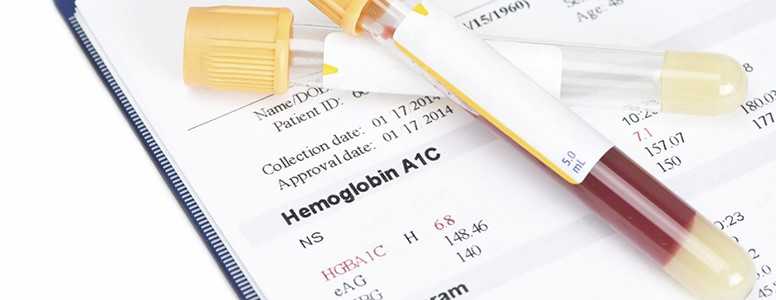The SGLT2 inhibitor canagliflozin (brand name Invokana) lowers HbA1c levels and accelerates weight loss in adults with type 1 diabetes, according to new research.
The study, conducted at the University of San Diego, did not find any link between canagliflozin and hypoglycemia. It did, however, link to a higher risk of diabetic ketoacidosis (DKA).
351 patients with type 1 diabetes took part in the study. Participants were aged between 25 and 65, and all had followed a stable insulin regimen for at least eight weeks. On average, the participants had had type 1 diabetes for 22 years, but those with a history of DKA or severe hypoglycemia were not included in the study. Each participant was given either 100mg canagliflozi, 300mg canagliflozi, or a placebo.
Participants given canagliflozin saw a significant drop in their HbA1c compared to placebo, as well as greater weight loss. However, there was no difference in the incidence of hypogylcemic events, although the researchers did observe a slight increase in urinary tract and mycotic infections. These risks were particularly pronounced in women prescribed 300mg canagliflozin.
The major concern with the study was the increased risk of DKA associated with canagliflozin. Five 100mg participants and seven 300mg participants experienced DKA over the course of the study, compared to none in the placebo group. All DKA participants, however, experienced contributing factors, such as pump failure, illness, or missed insulin doses.
That said, the incidence of DKA echoes the concerns of the US Food and Drug Administration (FDA), who put out a warning relating to the risk of DKA associated with SGLT2 inhibitors like canagliflozin. The warning was aimed at people with type 2, but it could also affect people with type 1 diabetes.
“[Canagliflozin is] approved for the treatment of type 2, but not in type 1,” said Robert Henry, Professor of Medicine at University of San Diego.
“Canagliflozin works by lowering the renal threshold for glucose and increasing urinary glucose excretio, and these mechanisms are independent of insulin secretio, so it makes reasonably good sense to be able to use it in type 1, and that was the basis for this study.”
The findings were presented at the 51st European Association for the Study of Diabetes Annual Meeting.
What's new on the forum? ⭐️
Get our free newsletters
Stay up to date with the latest news, research and breakthroughs.



